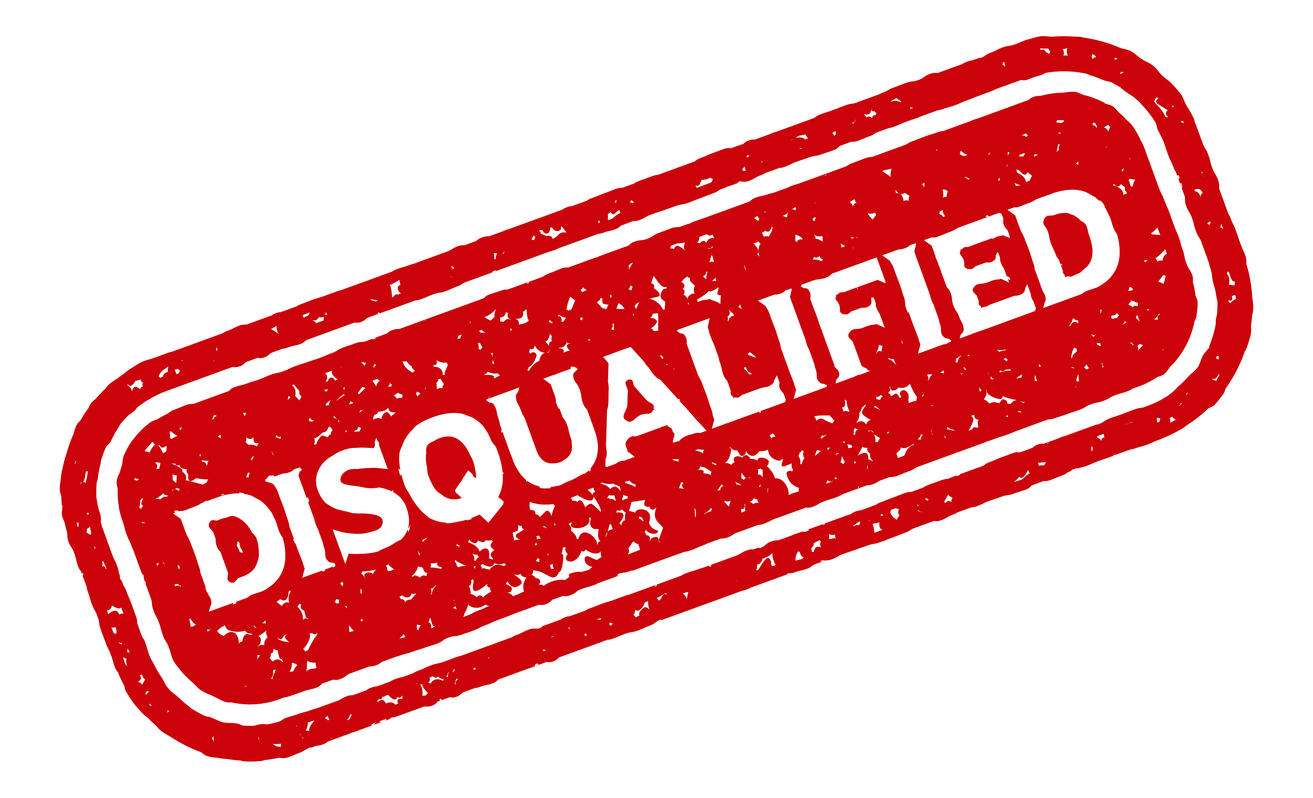In the aftermath of Hurricane Ike, my colleagues and I assisted many clients with significant losses that triggered Umbrella Coverage.1 In some instances, we assisted clients facing losses that went into second-layer of Umbrella Coverage. Other than the scenario of paying out policy limits and triggering another layer of Umbrella Coverage, when can an Umbrella Carrier simply deny coverage?
In a recent decision that favors Policyholders’ interests, the United States Fifth Circuit Court of Appeals held that certain umbrella insurance policies take effect once all underlying insurance is exhausted, regardless of how that exhaustion occurs.2
LOWER COURT PROCEEDINGS
W&T Offshore (“W&T”) – an energy exploration and development company – sustained significant damage to its operations as a result of Hurricane Ike. Anticipating that W&T would seek recovery for its Removal of Debris (“ROD”) expenses ($50,000,000) under its Umbrella/Excess Insurance Policies (“Umbrella Policies”), the four Umbrella Insurers Underwriters (“Underwriters”) sought a declaratory judgment that they were not liable for W&T’s ROD damages.3
In their motion for summary judgment, Underwriters argued that the Umbrella policies only take effect if W&T’s underlying/primary insurance is exhausted by claims that would be covered by the Umbrella Policies. Because W&T’s underlying insurance was admittedly exhausted by claims not covered by the Umbrella Policies, the insurers argued that they have no liability. In its cross-motion for summary judgment, W&T argued that the Umbrella Policies takes effect once all underlying insurance is exhausted, regardless of how that exhaustion occurred.4
The trial court granted summary judgment for insurers. W&T appealed.
PROVISIONS IN POLICIES
The Umbrella Policies were the only policies at issue in the case. The key difference between the Primary Policy and Umbrella Policies is that the Umbrella Policies did not cover (1) property damage or (2) operators’ extra expenses (“OOE”) that are incurred by W&T itself; they cover only claims against W&T by a third-party. All relevant policies have been endorsed to cover ROD claims.
W&T was set to exhaust its Primary Policy ($150,000,000) for coverage related to losses not covered under the Umbrella Coverage (property damage and operators’ extra expense). The Umbrella Carriers, of course, argued that Umbrella Coverage did not come into effect unless and until the Primary Policy Limits were exhausted by claims that would also be covered under the Umbrella coverage.5
FIFTH CIRCUIT HOLDING
After carefully dissecting both the Primary Policy and Umbrella Policies, and applying all the standard policy interpretation rules (contract construction, plain meaning, ambiguity6), the 5th Circuit held that the Umbrella Policies at issue did not specify coverage exclusion unless and until the Primary Policy was exhausted paying claims also covered by the Umbrella Policy.7 Accordingly, the Court reversed the ruling on behalf of the Underwriters and rendered judgment in W&T’s favor.
WHAT DOES THIS MEAN TO ME?
I admit that my colleagues and I are often a broken record, always advising policyholders to "read your policy." With this decision, the 5th Circuit lends credence to the point that it may be in policyholders’ (and the professionals advising them) best interest to read policies and compare coverage options for both Primary and Umbrella coverages. To be sure, Texas policyholders must now know that all Umbrella Coverages are not created equally.
1 Neil Kokemuller, a Personal Finance Consultant, says "Umbrella insurance refers to insurance that is in excess of specified other policies. When a Policyholder obtains Umbrella Coverage, the Policyholder’s primary insurance policies pay up to their limits and any additional amount is paid by the umbrella policy (up to the limit of the umbrella policy). Umbrella policies do not pay until the losses exceed a certain sum." See. http://www.ehow.com/facts_6901506_excess-insurance-definition.html.
2 Indemnity Ins. Co. of North America v. W&T Offshore, Inc., 2014 WL 2853586 (5th Circuit, June 23, 2014).
3 Id.
4 Id.
5 Id., at p.3
6 Id. at 3-6
7 See, Id., at 6.

.jpg)


